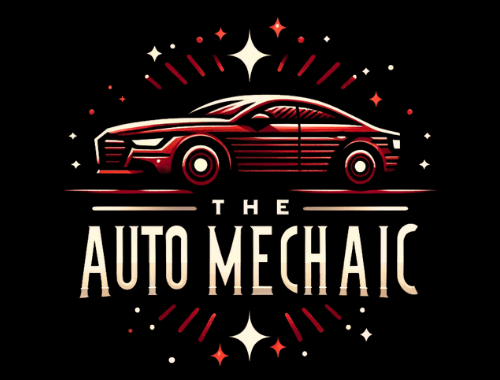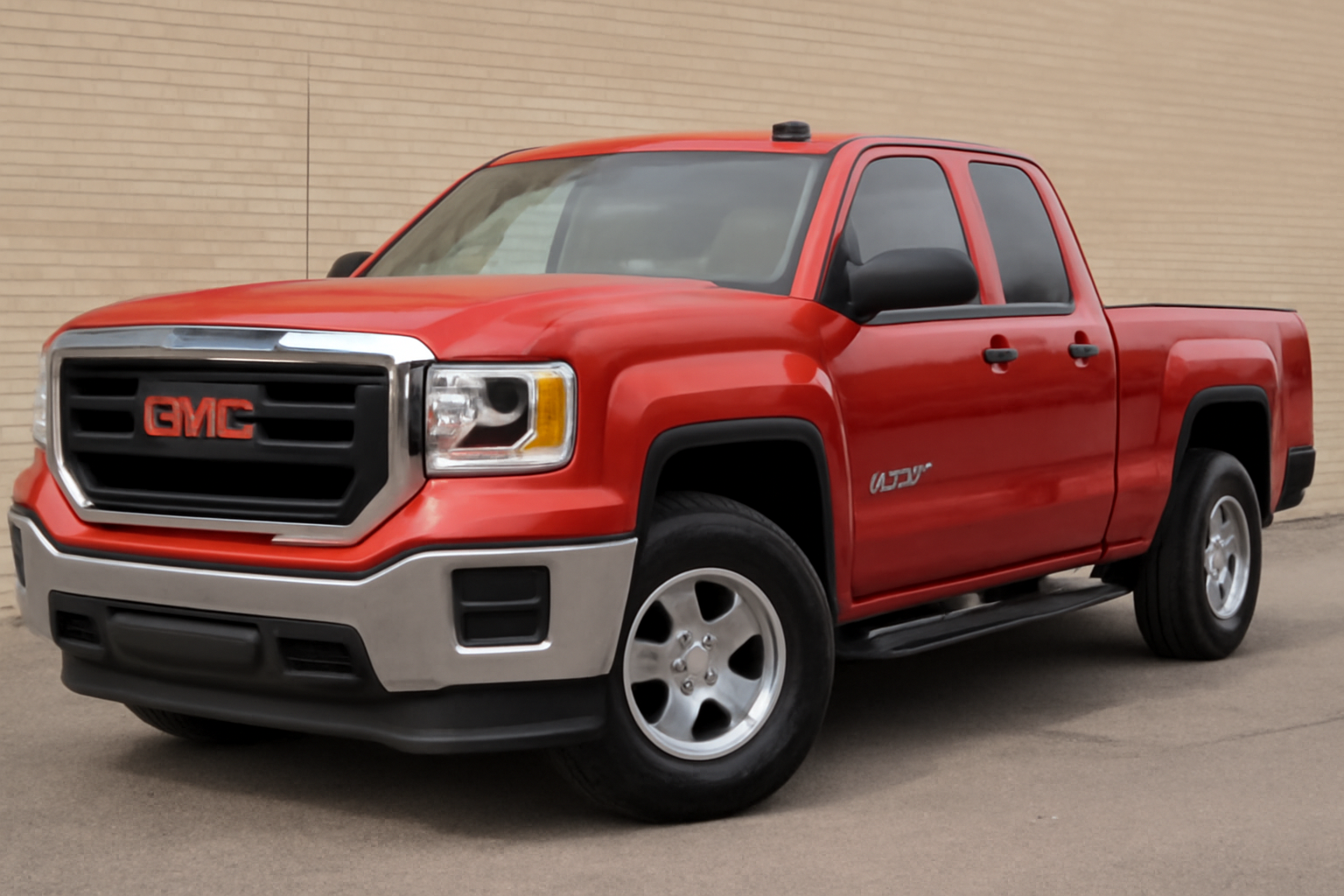If you are considering changing rims from one vehicle make to another, such as from Dodge to GMC, one of the most common questions is: Will Dodge rims fit on GMC? The compatibility of rims is very important in making sure your car’s performance, safety, and overall appearance are not affected.
In changing rims, the bolt patterns, center bore size, and offset all have to be exactly the same to fit properly. If these elements aren’t compatible, it could lead to poor handling, alignment issues, or even damage to your vehicle.
In this article, we’ll explore the key factors that determine whether Dodge rims can be used on a GMC.
Key Factors That Affect Rim Compatibility
Prior to exploring whether Dodge rims can be used on a GMC, understanding the main factors for rim compatibility is a must.
In regards to rim fitment, there are a number of important factors that must cooperate for it to be installed safely and properly. Here are the main factors to consider:
- Bolt Pattern and Wheel Lug Configuration: The number of lugs and the distance between them must match between the Dodge rims and your GMC.
- Center Bore Size: The center bore size must match to ensure the rims sit properly on the wheel hub.
- Offset and Backspacing Differences: The wheel’s offset and backspacing affect its positioning and clearance within the vehicle.
- Tire Size and Compatibility: The tire size on the rims must be compatible with your vehicle’s specifications to avoid handling issues.
Dodge Rims: Standard Specs and Sizes
To know whether Dodge rims will fit your GMC, let us first examine closely what are typical rim sizes of Dodge vehicles. Dodge vehicles usually have larger, heavy-duty rims for strength and power. Main specifications are:
- Most Popular Rim Sizes and Types: The most popular sizes include 16 inches to 20 inches, while the most popular types include alloy and steel rims.
- Dodge Bolt Pattern Specifications: Most Dodge vehicles have a 5-lug bolt pattern, with typical configurations like 5×114.3 mm or 5×127 mm.
- Tire Sizes That Fit Dodge Rims: Standard tire sizes for Dodge rims are 225/65R17, 245/70R17, and 275/60R20, for some truck and SUV models.
4. GMC Rims: Standard Measurement and Sizes
Having knowledge of the rim specifications of GMC vehicles is the key to understanding whether Dodge rims will fit. GMC vehicles, well-known for trucks and SUVs, also have particular rim specifications. Here are a few popular rim sizes of GMC:
- Common GMC Rim Sizes and Style: GMC cars generally utilize 17- to 20-inch rims, with styles that focus on strength and comfort.
- GMC Bolt Patterns and Wheel Specifications: A few usual bolt patterns include 5×120 mm, 6×139.7 mm, and 5×127 mm for certain models, i.e., the Sierra and Yukon.
- GMC Tire Sizes: GMC vehicles typically come with tire sizes including 255/65R17, 265/70R17, or 275/60R20, depending on the make and the rim size.
Will Dodge Rims Fit on a GMC? A Detailed Compatibility Guide
Now, let’s address the main question; will Dodge rims fit on a GMC? We’ll break it down by the key compatibility factors for a clear answer:
- Bolt Pattern and How it Affects Fitment: Dodge and GMC share similar bolt patterns in some cases (e.g., 5×127 mm), but you need to confirm that the number of bolts and lug spacing align.
- Checking Center Bore and Wheel Hub Fit: The center bore must be the same size between the Dodge rims and your GMC hub to avoid vibrations and improper seating.
- Evaluating Offset and Backspacing Compatibility: If the offset or backspacing is different, it could result in the wheels sticking out too far or not sitting properly inside the wheel well.
Potential Issues and Complications in Installing Dodge Rims on a GMC
Even though it is simple to swap rims, there can be issues installing Dodge rims on a GMC. Some of these issues are:
- Misaligned Bolt Patterns and Lug Nuts: Even if rim sizes appear correct, the bolt pattern may not be aligned, which might discourage proper installation.
- Incompatible Tire Sizes: Your GMC’s requirements may not match the tires for Dodge rims, leading to handling or tire wear issues.
Clearance Problems and Safety Concerns: Incorrect offset, backspacing, or rim size can lead to clearance issues that may affect vehicle handling or safety.
How to Verify Compatibility on a GMC
Before installing Dodge rims on your GMC, it’s important to take a few precautions to ensure compatibility. The following checks need to be made:
- Assessing the Bolt Pattern: To make sure the number of lugs and spacing match, use a caliper or bolt pattern gauge.
- Checking the Center Bore and Hub Diameter: Make sure the center bores of your Dodge wheels and the GMC vehicle are the same.
- Backspacing and Offset Check: Use a backspacing gauge to ensure that the offset of the wheel won’t cause clearance issues during installation.as well as mountain bikes.
Aftermarket Solutions for Dodge Rim to GMC Fitment
If you’re set on using Dodge rims but face compatibility issues, there are aftermarket solutions to make the fit possible. Consider these options:
- Spacers and Wheel Adapters: These may alter the offset or bolt pattern to fit Dodge rims onto your GMC.
- Changing Rims for Better Fit: Some shops offer rim changes, such as re-drilling bolt patterns, to provide the fitment.
Final Thoughts
When considering whether Dodge rims will fit on a GMC, it’s important to take into account several key factors. Bolt patterns, offset, size, and clearance all play a significant role in determining compatibility. Even if the rim’s design appeals to you, it’s crucial to ensure that it matches the GMC‘s specifications.
While some Dodge wheels can fit some GMC vehicles, it is always best to call a specialist or consult your vehicle’s handbook for details. This way, you can have safety and optimal performance when replacing your rim

Bruce William is a professional content writer and vehicle engineer with extensive car maintenance and repair knowledge. His expertise spans all vehicle parts, offering practical solutions for various automotive issues. Bruce provides valuable insights through his website articles to help readers maintain their cars for optimal performance and longevity.

